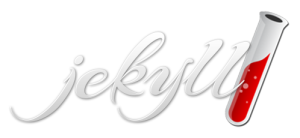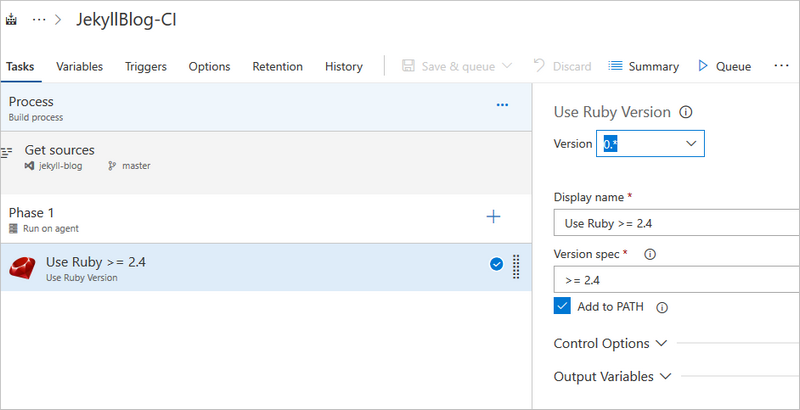

- #Update packages ruby jekyll install
- #Update packages ruby jekyll generator
- #Update packages ruby jekyll windows 10
- #Update packages ruby jekyll software
#Update packages ruby jekyll install
#Update packages ruby jekyll software
A Chocolatey package holds everything required to manage a piece of software within one deployment artefact. Chocolatey is built on the NuGet infrastructure and works with PowerShell to install applications and tools quickly via the command line. The quickest way to get Jekyll on your Windows system is via Chocolatey, a package manager for Windows. This means when you create a GitHub page for your project or website you are natively using Jekyll. Jekyll is also the engine behind GitHub Pages.

#Update packages ruby jekyll generator
Similar static site generator projects include Hugo, Hexo, Middleman, and Sphinx. It is in use at companies such as Bootstrap, Atlassian Design, and Mongo DB for their own websites and documentation pages. This means that sites are more performant, cached easier, and are more secure. A static site generator creates all website pages once there’s a change to the site and before they are pushed to a web server. They can vary from one-page websites to those that are more sophisticated. Jekyll is a simple, blog-aware static site generator that converts raw text files into a ready-to-use, database-free static website that can be served up by any web server. My article is not an attempt to replicate their work, but rather to expand on it with my own observations as I go through the process of understanding Jekyll. The process has been highlighted in other blog posts (see Resources).


#Update packages ruby jekyll windows 10
So, I was excited to see in the official Jekyll installation docs that a workaround for running Jekyll on Windows 10 exists. Granted, I could have created an Azure VM with a Linux distro but I wanted something native on my machine. I have wanted to experiment with Jekyll for some time but I was hampered because Jekyll is a Ruby Gem. CC 2.0 image courtesy Fredrik Rubensson on Flickr


 0 kommentar(er)
0 kommentar(er)
